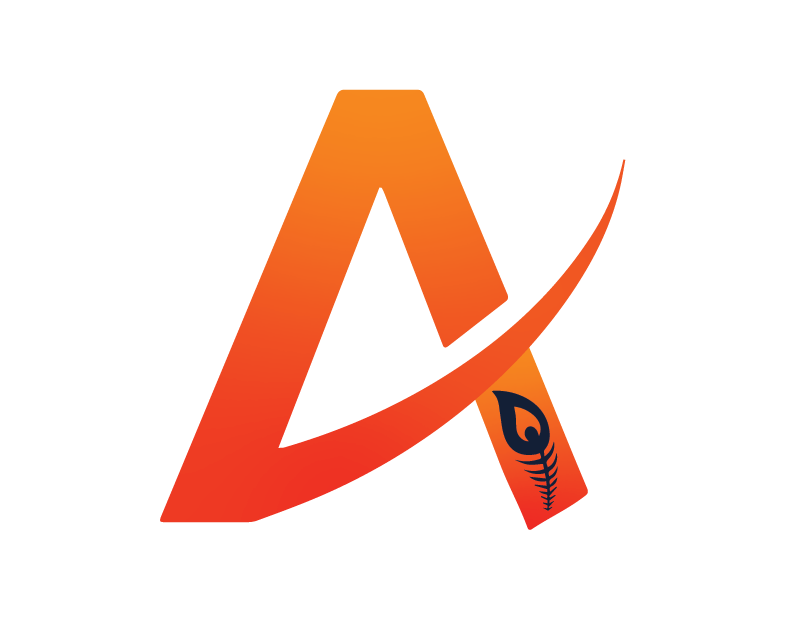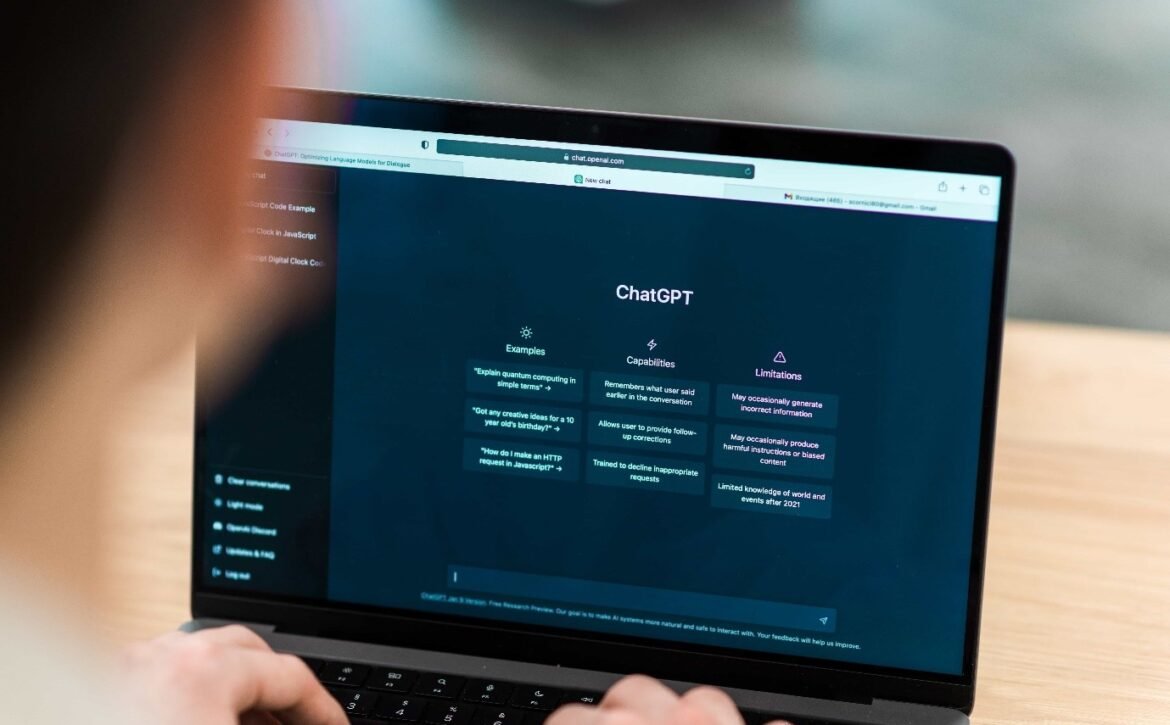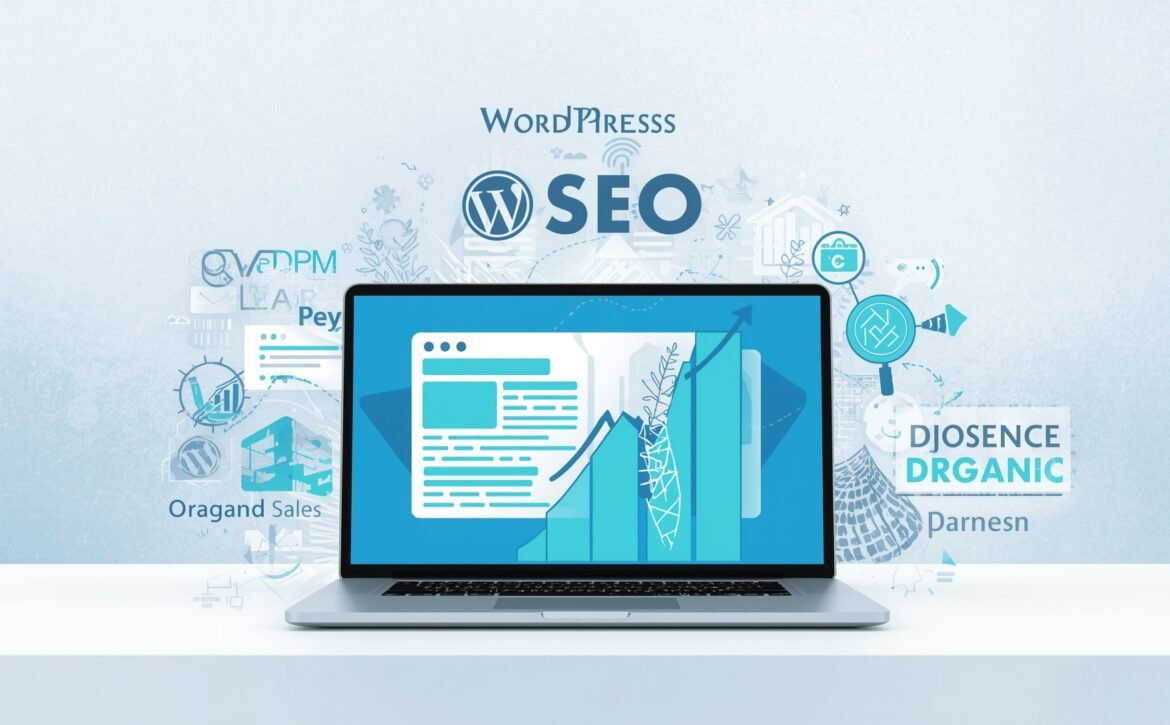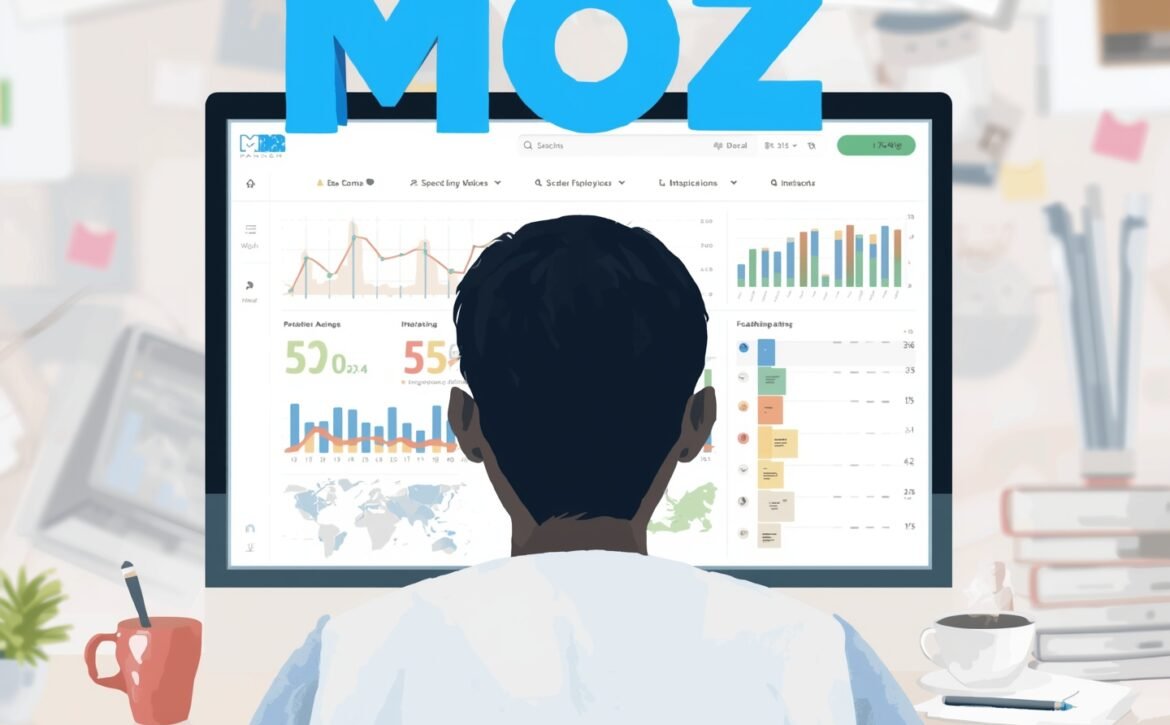How to Optimize Your Website for AI Search and LLM Visibility in 2026
Search is no longer limited to Google rankings. Today, AI-powered systems like ChatGPT, Gemini, Perplexity, and other large language models (LLMs) are transforming how people discover information. Instead of showing links, AI tools provide direct answers, summaries, and recommendations.
To stay visible in this new ecosystem, businesses must optimize not only for traditional SEO but also for AI search and LLM understanding. This strategy is often called AI SEO, AEO (Answer Engine Optimization), or GEO (Generative Engine Optimization).
Modern LLMs rely heavily on search engines and trusted sources to generate answers, meaning strong SEO fundamentals are still essential for AI visibility.
This guide explains practical strategies to help your brand appear in AI search results and improve LLM visibility.
1. Build Clear and Structured Content for AI Understanding
AI models analyze content differently than humans. They prefer clear structure, logical flow, and direct answers.
Best Practices
- Use descriptive headings and subheadings
- Write simple, precise explanations
- Create dedicated pages for different audiences and use cases
Brands that map content to specific audiences and use cases are better positioned for personalized AI search results.
2. Strengthen Brand Signals Across the Web
AI systems learn about brands from multiple sources such as websites, media coverage, blogs, and social platforms.
Why This Matters
- Consistent brand mentions help LLMs recognize your authority
- High-quality publications improve credibility
- Strong brand narratives influence how AI describes your business
Experts estimate that hundreds of documents may be needed to meaningfully shape how an LLM perceives a brand.
3. Optimize Your Homepage for AI Search
Your homepage is one of the most important signals for AI systems.
What to Include
- Who you serve
- What you offer
- Industries and solutions
LLMs parse homepage content more easily than navigation menus, so clarity is essential.
4. Use Multimodal Content to Increase AI Visibility
AI models pull information from text, videos, images, podcasts, and social posts.
Content Types to Create
- Blogs and guides
- Videos and tutorials
- Infographics and visuals
- Podcasts and webinars
Repurposing content across multiple formats increases brand recognition in AI-generated answers.
5. Publish Fresh and High-Quality Content
AI search systems prioritize recent and relevant information.
Key Points
- Update content with meaningful improvements
- Avoid fake content refreshes
- Focus on real value
Recent content often performs better in AI search because LLMs prefer up to date sources.
6. Build Authority Through Trusted Platforms
Authority is one of the strongest ranking factors in AI search.
How to Build Authority
- Publish content on reputable industry websites
- Earn mentions from high-authority sources
- Participate in niche communities
Publishing on respected platforms can lead to rapid inclusion in AI generated responses.
7. Leverage Social Media for Faster AI Indexing
Social platforms are increasingly used by AI models as information sources.
Platforms That Matter
- YouTube
- Industry forums
Content on social platforms can appear in AI search results within hours or even minutes.
8. Create Strong FAQ and Q&A Content
AI models love question-based content because it matches user intent.
Best Practices
- Write detailed FAQs
- Answer real user questions
- Avoid hiding FAQs in collapsible sections
Visible and comprehensive FAQs help AI systems understand expertise and relevance.
9. Combine SEO and AI Optimization Strategies
AI optimization does not replace SEO it enhances it.
Core SEO Elements Still Matter
- Technical SEO
- High-quality backlinks
- Content relevance
- User experience
AI systems rely on search engines, so appearing in traditional search results is essential for AI visibility.
10. Focus on Long-Term Strategy, Not Shortcuts
There is no single trick to dominate AI search.
Sustainable Approach
- Build real authority
- Publish valuable content consistently
- Adapt to evolving AI algorithms
Short-term hacks may work temporarily, but long-term success requires proven SEO and content strategies.
Conclusion: The Future of Search Is AI-Driven
AI search is not replacing SEO it is redefining it. To succeed in 2026 and beyond, businesses must combine traditional SEO with AI-focused content strategies.
By creating structured content, strengthening brand authority, leveraging multimodal media, and maintaining fresh, high-quality information, you can significantly improve your visibility in AI-generated search results.
Brands that adapt early to AI search optimization will gain a competitive advantage, while those that ignore it risk disappearing from the future of search.










